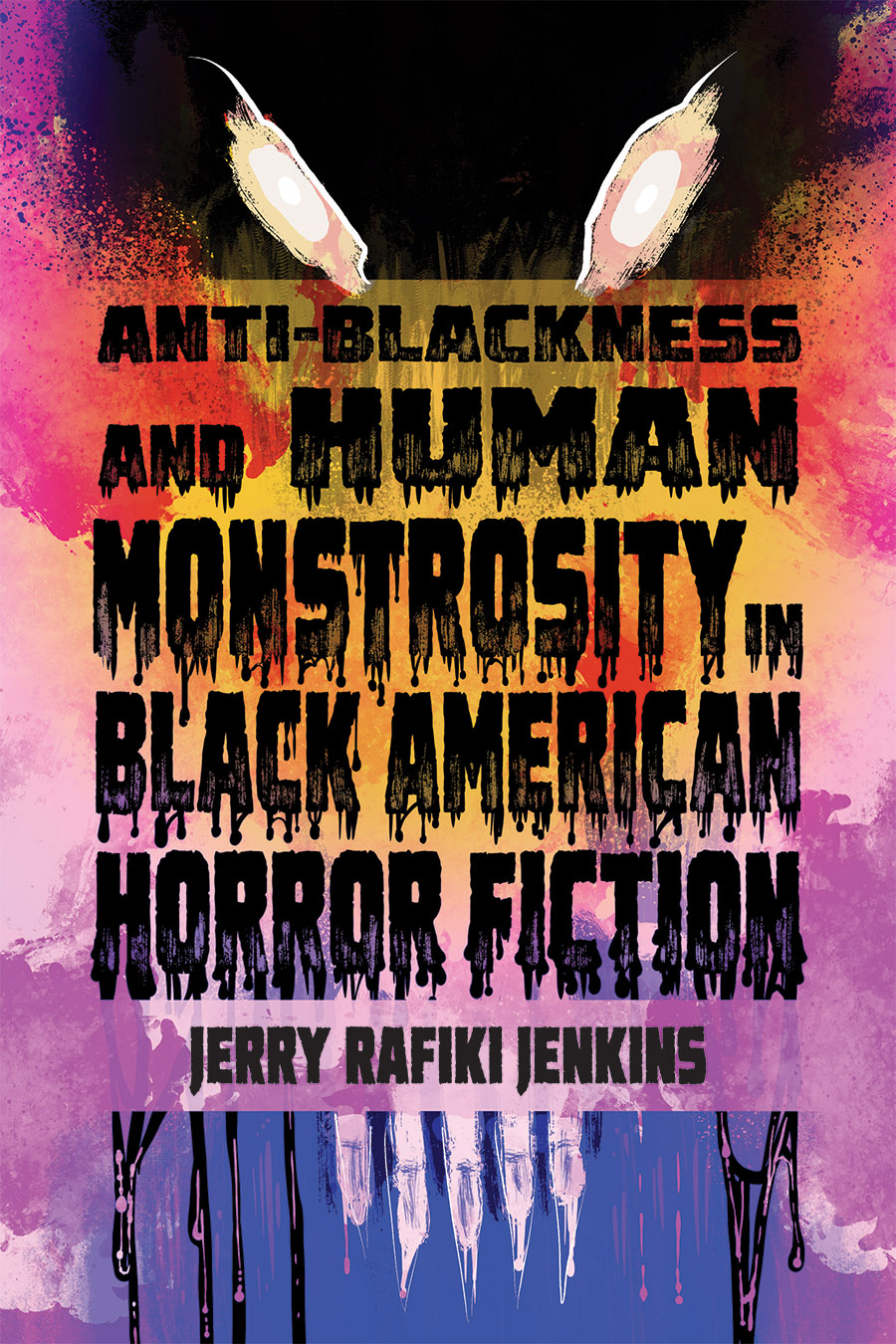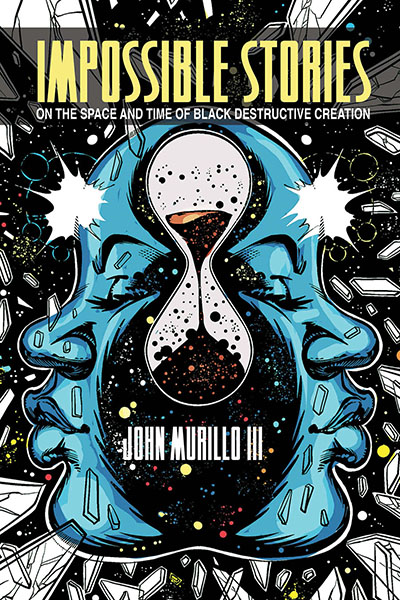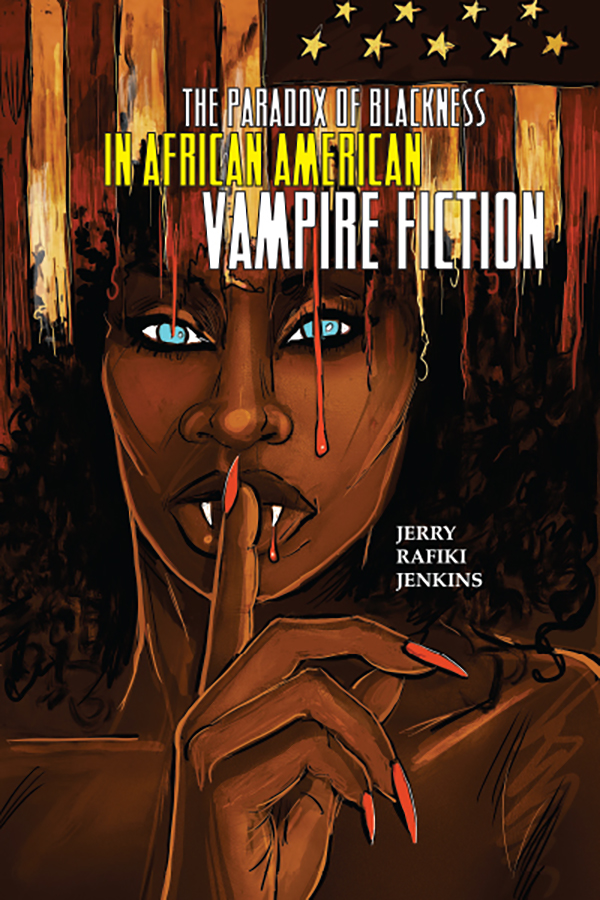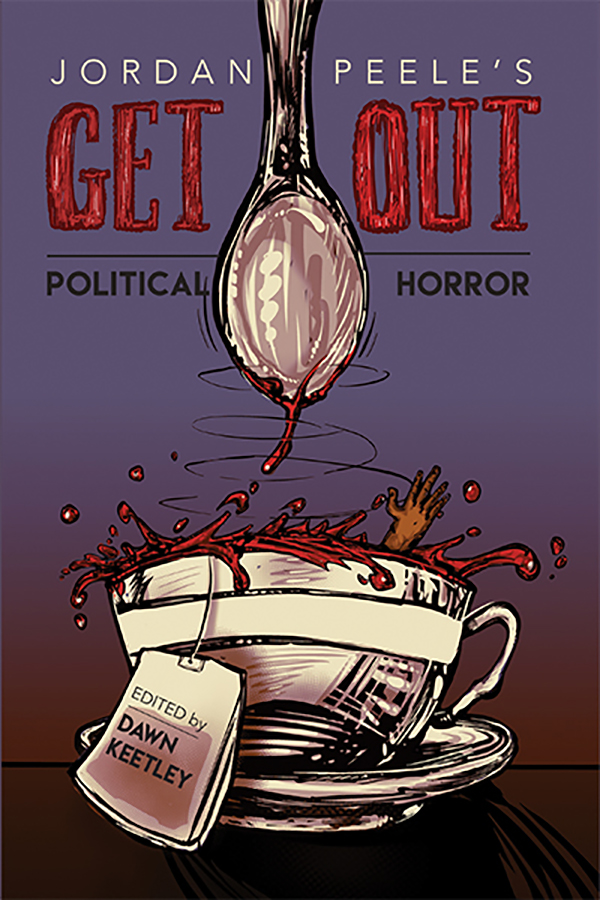“Anti-Blackness and Human Monstrosity in Black American Horror Fiction is a useful contribution to horror studies. It offers useful and thoughtful analysis of the genre overall and pertinent questions to consider as more and more Black horror media is created.” —Gyasi Byng, Science Fiction Studies
“Thought provoking and engaging...Anti-Blackness and Human Monstrosity in Black American Horror Fiction is timely and current and provides a wide theoretical base that will be very valuable to engage with and explore further.” —Douglas Clarke, European Journal of American Culture
“I can highly recommend Jenkins’ publication as an introductory text for students as well as food for thought for researchers seeking new impulses or taking up a project on human monstrosity in Black horror films....A convincing call for abolishing the idea of reforming our anti-Black world.” —Aylin Dilek Walder, Anglistik
“Anti-Blackness and Human Monstrosity in Black American Horror Fiction is a necessary work that emphasizes the sanity and rationality of monstrous figures. Jenkins persuasively contends that combining Afropessimism and affirmation of Black life in fiction can provide resistance to the deadliness of the racial reality of anti-Blackness.” —Keith Byerman, author of Remembering the Past in Contemporary African American Fiction
“Anti-Blackness and Human Monstrosity in Black American Horror Fiction is sharp and intellectually daring. Jenkins’s treatment of violence and prospects of Black counter-violence make it a timely resource for Black studies scholars and social and cultural critics of all kinds.” —Greg Thomas, author of Hip-Hop Revolution in the Flesh: Power, Knowledge, and Pleasure in Lil’ Kim’s Lyricism
In Anti-Blackness and Human Monstrosity in Black American Horror Fiction, Jerry Rafiki Jenkins examines four types of human monsters that frequently appear in Black American horror fiction—the monsters of White rage, respectability, not-ness, and serial killing. Arguing that such monsters represent specific ideologies of American anti-Blackness, Jenkins shows that despite their various motivations for harming and killing Black people, these monsters embody the horrors that emerge when Black American is disassociated from American. Although these monsters of anti-Blackness are dangerous because they can terrorize Black people with virtual impunity, their “anti-Black sadism,” as Jenkins calls it, is what makes them repulsive. Jenkins examines a variety of these monstrous forms in Tananarive Due’s The Between, Victor LaValle’s The Changeling, Octavia Butler’s Kindred, Nnedi Okorafor’s Who Fears Death, and many other works. While these monsters and the texts that they populate ask us to think about the role that anti-Blackness plays in being or becoming American, they also offer intellectual resources that Black and non-Black people might use to combat the everyday versions of human monstrosity.
Jerry Rafiki Jenkins is a Professor in the Departments of English and Humanities, and Multicultural Studies at Palomar College and the author of The Paradox of Blackness in African American Vampire Fiction.
Contents
Acknowledgments
Introduction Barely Humans, Black Horror, and American Anti-Blackness
Chapter 1 The Monsters of White Rage
Chapter 2 The Monsters of Respectability
Chapter 3 The Monsters of Not-Ness
Chapter 4 The Monsters of Serial Killing
Conclusion Eliminating Anti-Blackness and Its Monsters
Works Cited
Index





